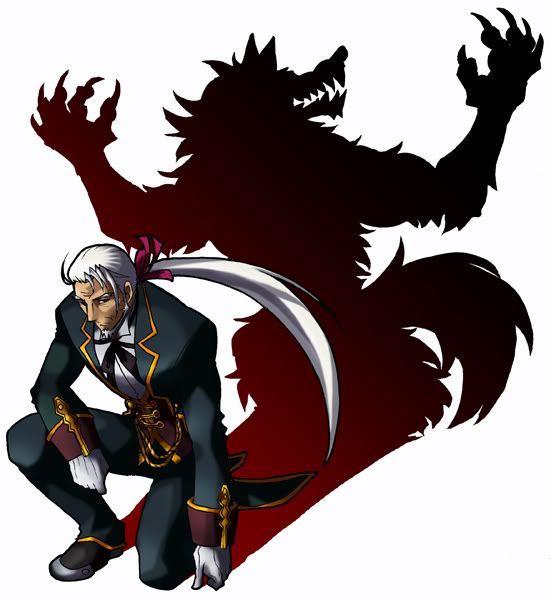People, Y U NO SPECIFY WHAT YOU MEAN? I am by no means expert on the lore of those supernaturals, but I do know there is an enormous diversity of traits that could potentially define each. Even when talking about "traditional" vampire/werewolf there is a difference on a case by case basis. For example, what is "traditional"? Is it the mainstream image pushed by Hollywood or is that some older source, for example, legends and myths? Because each of these is different. Furthermore, even Hollywood/legendary creatures are different amongst themselves.
Let's take a look at vampires - possibly the most iconic vampire we have is Dracula - it helped push vampires into the cinema and other media. Now, the closest vampires we have to Dracula today, are Kain (and some of the other vampires of Nosgoth, from Legacy if Kain) and...Twilight. Yes, Twi-friggin'-light is closer to the iconic image of vampires than the most of the modern vampires. Think about it. OK, it's a bit of an exaggeration but it's not a lie - not a lot of vampiric depictions show anything similar to good ol' Vlad, and Twilight is actually sort of like him - maybe they turn into disco balls but at least they don't just turn into a ball of flame.
Now, let's talk mythological vampires - here's the deal: we cannot. The description of what a vampire is and what it can do varies wildly from culture to culture. The most consistent part is that they were once living (although really not always the case) and that they feed on humans (mostl on blood) although sometimes it's whatever comes around. Also, they were mostly evil but sometimes merely amoral.
And getting back to "modern" vampires - they have been assigned so many different powers and traits over the years that we still can't say what is a modern vampire and can it do. The most consistent parts are that it was once human and that they get really bad sunburns. As for powers - anything, but "superior to humans" seems to be the prevalent one(s) - stronger, faster, sharper senses and so on. Different works have shown them laugh off "traditional" banes, such as garlic[footnote]"So what can a plant do to a corpse"[/footnote] or faith[footnote]"I don't understand what's with the crosses why would they affect me?"[/footnote] but then only reinforce other ones.
Same goes for werewolves, just a quick example - is that a human who turns into a wolf, or into a human-wolf monstrosity? How much control do they retain when transformed? Is the transformation voluntary or not? If not, do they turn only on the full moon, during the three (or five?) days around it, under any moon? Are there any other benefits (or not) than transformations? The only thing the OP tells us is that they are the horror movie depiction, which at least narrows it down a really small bit. Still, all those questions are unanswered.
This poll does not make sense without stating what assumptions are made for werewolves and vampires. Right now everybody is picking whatever they think is better which is not fair because they can assign any features to either of the choices. It's like a children's make believe game where one child announces himself "king" another says that he is a king that rules over the first one, the third says it's a god and so on and so forth without any real limit of how far it goes.

